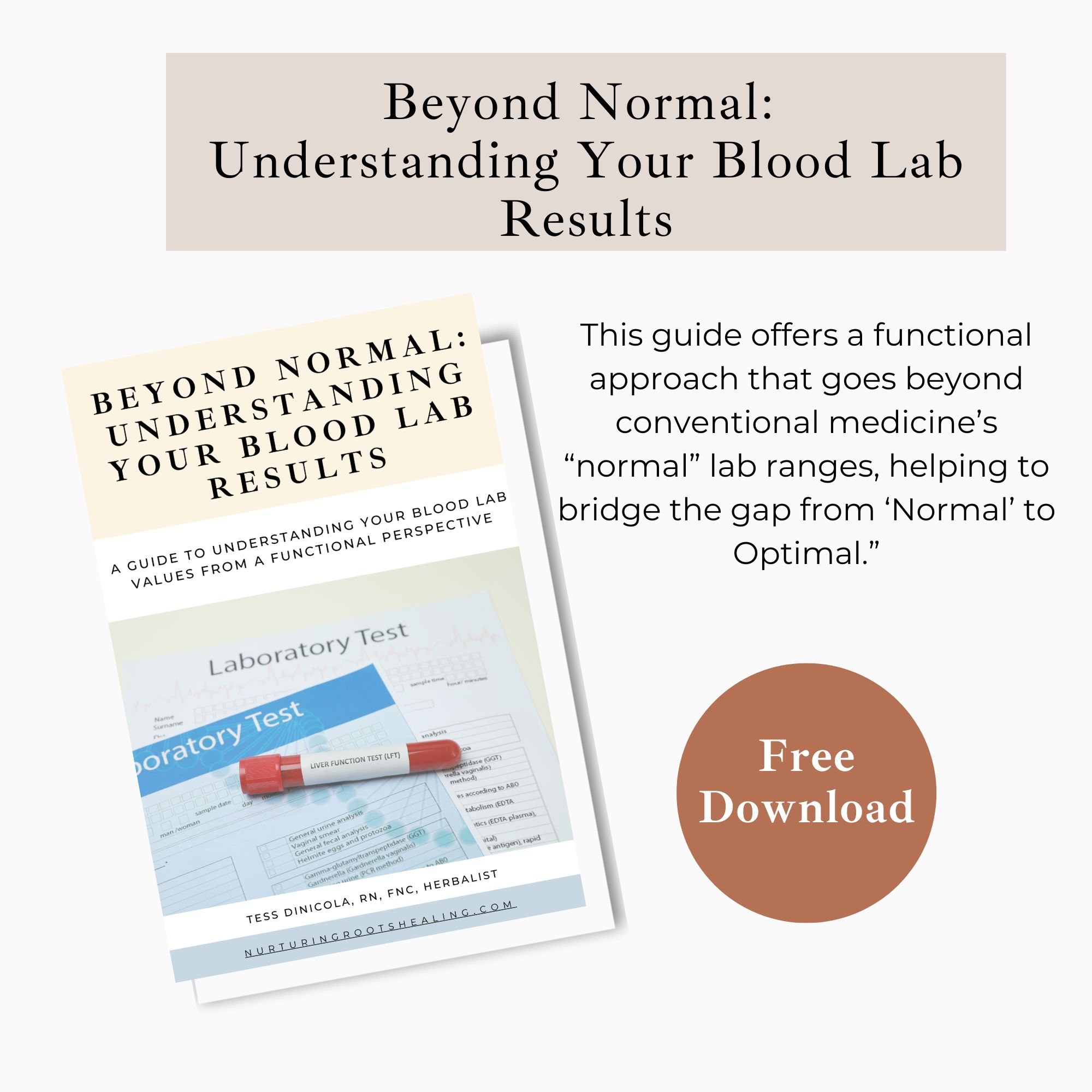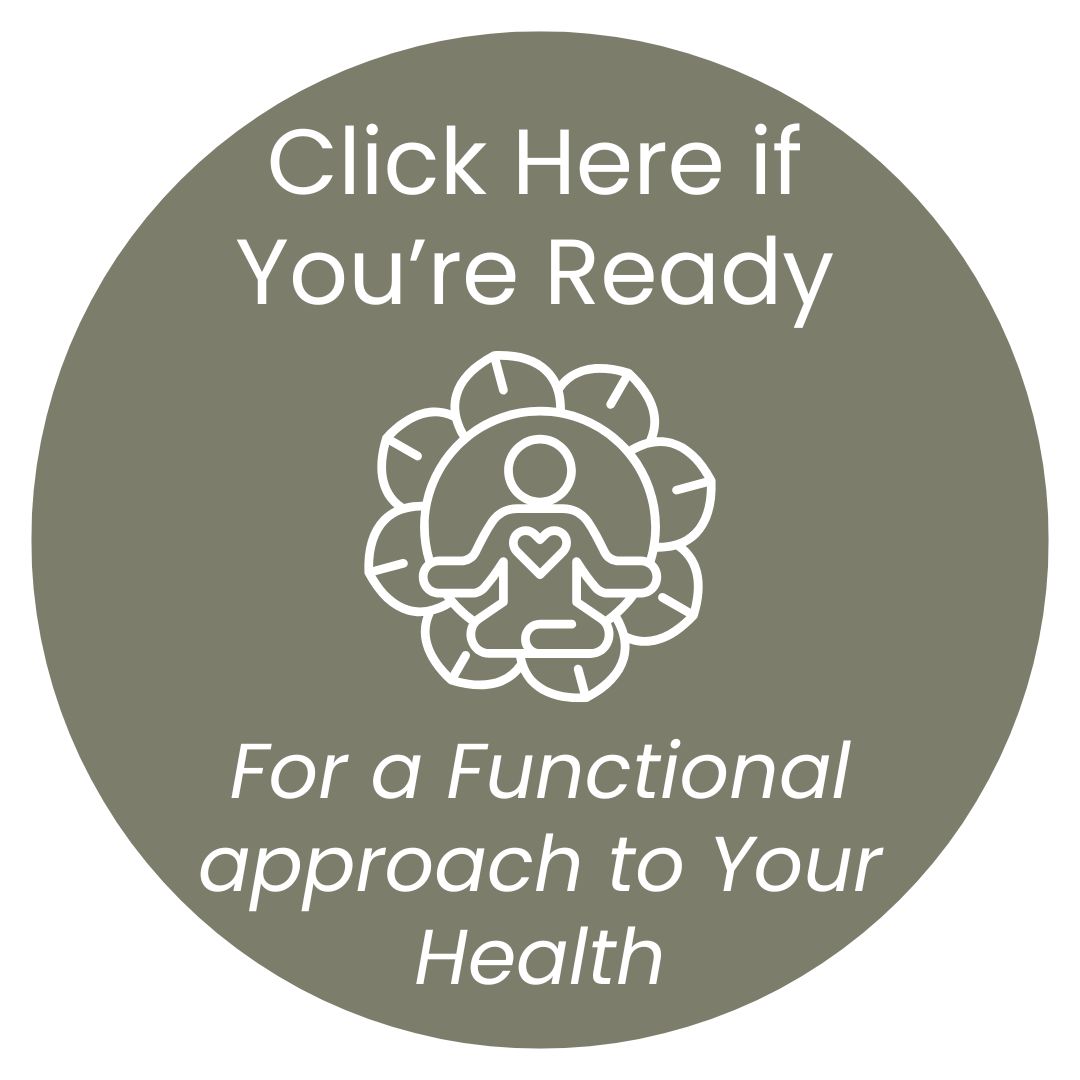Understanding Oxidative Stress: The Cellular Chaos Behind Chronic Illness

If you’ve ever left a cut apple on the counter too long and watched it brown, you’ve witnessed oxidation in action. Now imagine that happening inside your body—every single day. That’s oxidative stress: an internal tug-of-war between free radicals and your body's defense system, and spoiler alert—it’s not something you want to ignore.
What Is Oxidative Stress?
Each day, your body performs millions of metabolic processes—eating, breathing, breaking a sweat on the treadmill or just dealing with daily stressors. These normal functions generate free radicals, which are unstable molecules that, left unchecked, can damage cells, proteins, and DNA.
Thankfully, your body has an antioxidant army on standby to neutralize these radicals and keep cellular peace. But when the production of free radicals outweighs your antioxidant defenses, you enter a state of oxidative stress—a state linked to accelerated aging and a laundry list of chronic diseases.
What Causes Oxidative Stress?
Think of oxidative stress like a fire. Sometimes it's a slow burn; other times, it's a raging blaze. It can be triggered or worsened by things like:
- Environmental toxins (pollution, smoke, heavy metals)
- Poor diet (especially processed foods high in sugar or trans fats)
- Chronic inflammation
- Emotional or physical stress
- Over-exercising or being completely sedentary
- Excessive alcohol intake or smoking
- Poor sleep
- Exposure to radiation
When the fire isn’t managed, inflammation becomes chronic—and that’s when the real damage begins.
Health Effects of Oxidative Stress: A Whole-Body Affair
Oxidative stress isn’t picky—it affects nearly every system in the body. Here’s how it shows up:
🧠 Neurological System:
Linked to Alzheimer’s, ADHD, Autism, MS, Parkinson’s, anxiety, and depression.
❤️ Cardiovascular System:
Contributes to heart disease, high blood pressure, atherosclerosis, and angina.
🔄 Multi-System Impact:
Associated with diabetes, cancer, chronic inflammation, fibromyalgia, Lyme disease, chronic fatigue, hyperthyroidism, and sleep apnea.
🌬️ Respiratory System:
Plays a role in asthma, COPD, and other lung conditions.
🍽️ Gastrointestinal Health:
Can worsen Crohn’s, GERD, ulcers, celiac disease, and contribute to functional GI issues.
🦴 Joints & Skin:
Involved in gout, rheumatoid arthritis, dermatitis, and even carpal tunnel syndrome.
How Do We Measure It?
Oxidative stress can be measured either directly or indirectly:
- Directly by assessing levels of Reactive Oxygen Species (ROS)—but this requires advanced, often expensive testing.
- Indirectly by evaluating the damage it leaves behind—think of it as inspecting the scorch marks after a fire.
One common and accessible way? Measuring 8-OHdG (8-Hydroxy-2-deoxyguanosine)—a mouthful, I know. This biomarker tells us how much damage has been done to your DNA by oxidative stress and offers a practical look at your cumulative exposure.
What Can You Do About It?
Reducing oxidative stress isn't about perfection—it’s about consistent, intentional choices that support your body’s built-in defense systems. These include:
- Eating a diet rich in colorful fruits and vegetables (nature’s antioxidants!)
- Managing stress with mindfulness, meditation, or deep breathing
- Reducing exposure to toxins in food, skincare, and environment
- Prioritizing sleep and movement—your mitochondria will thank you
- Limiting processed foods, alcohol, and sugar
- Supporting your detox pathways (hello, hydration and liver love)
Final Thoughts
Oxidative stress is one of those “silent saboteurs” that can quietly contribute to a host of chronic conditions if left unaddressed. But knowledge is power—and the good news is, your body is wired for healing when given the right tools.
If you're experiencing unexplained fatigue, brain fog, chronic pain, or other persistent symptoms despite “normal” labs, oxidative stress could be a piece of the puzzle. Functional wellness offers a deeper lens—and I’m here to help you look through it. Interested in learning more about supporting your health and wellness with a functional approach? Book your consult here!



